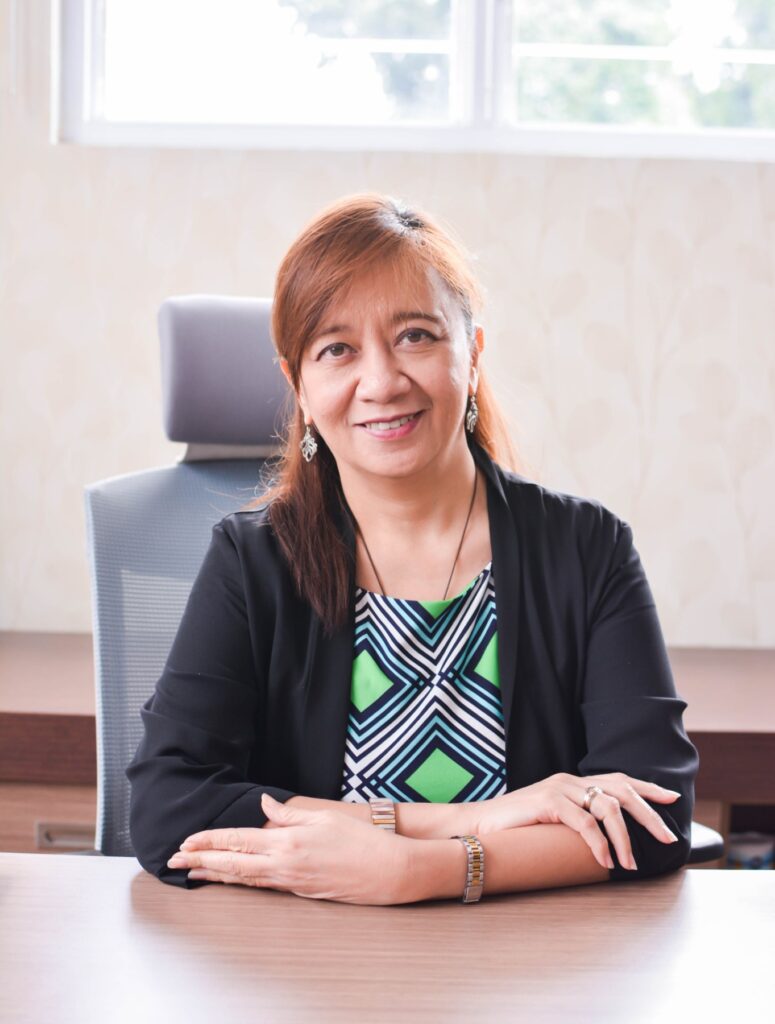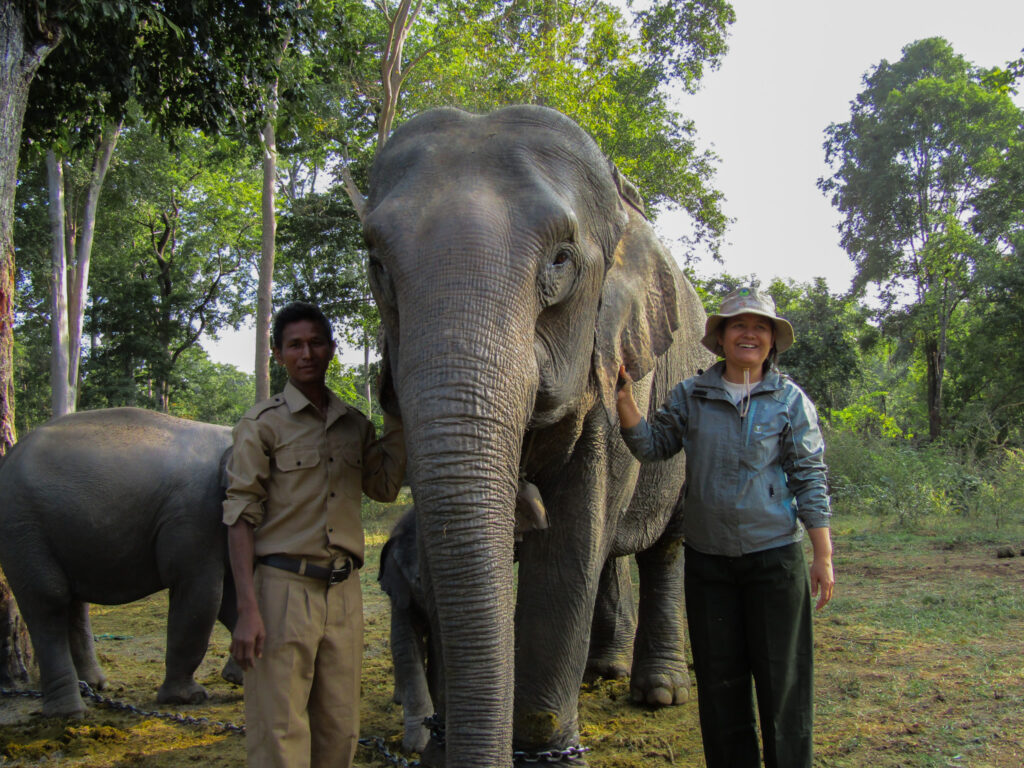The ACB
About Us
Who We Are
The ASEAN Centre for Biodiversity (ACB), established in 2005, is ASEAN’s response to the challenge of biodiversity loss. It is an intergovernmental organisation that facilitates cooperation and coordination among the ten ASEAN Member States (AMS) and with regional and international organisations on the conservation and sustainable use of biological diversity, and the fair and equitable sharing of benefits arising from the use of such natural treasures.
ACB’s beginnings date back to 1998 when the ten AMS established the ASEAN Regional Centre for Biodiversity (ARCBC) Project with funding support from the European Union. The project was implemented with two key objectives:
a) intensify biodiversity conservation and;
b) promote institutional networking among ASEAN countries and between ASEAN and European Union partner organisations.
The outcome of the ARCBC Project was viewed as a productive flagship project. Prior to the project’s ending, the Environmental Ministers of ASEAN found the need to create an institution that would sustain the gains of the ARCBC Project. In 2005, the Environmental Ministers of ASEAN agreed to establish ACB.
The Establishment Agreement of ACB was ratified by the 10 AMS: Brunei Darussalam (19 May 2008), Cambodia (26 February 2016), Indonesia (18 December 2017), Lao PDR (2 October 2008), Malaysia (29 April 2013), Myanmar (8 July 2009), Philippines (14 July 2006), Singapore (28 October 2008), Thailand (19 February 2013), and Viet Nam (31 October 2006). The Host Country Agreement between ACB and the Philippines was ratified on 01 September 2006 and concurred by Philippine Senate on 14 September 2009.
Our Beginnings
Vision
Biodiversity in the ASEAN region is valued, conserved, sustainably managed, and the benefits derived from the use of thereof are equitably shared
Mission
To catalyse and scale up efforts on biodiversity valuation, conservation, sustainable management, and equitable sharing of benefits derived from the use thereof in the ASEAN Region
Our Goals
- Science-based decision-making and policymaking on biodiversity are supported and promoted
- The capacity of ASEAN to value, conserve, sustainably use, and manage biodiversity, and equitably share its benefits is improved
- Biodiversity considerations into the development processes of the ASEAN are mainstreamed
- Common understanding on biodiversity-related policies among the ASEAN Member States is fostered
- The sustainability of the ACB as a regional intergovernmental organisation and centre of excellence for biodiversity in the ASEAN is realised and ensured
We are ASEAN's response to the challenge of biodiversity loss
How We Are Organised
Who manages ACB
The Centre is managed by a Governing Board, which is composed of the ASEAN Senior Officials on the Environment (ASOEN) and the ASEAN Secretary General. Headed by the Chairman of the ASOEN, the Governing Board has overall responsibility and accountability for the operations of ACB.
The ASEAN Working Group on Nature Conservation and Biodiversity (AWGNCB) provides technical guidance to ACB by recommending the key areas of focus for its work. The AWGNCB Members also act as ACB National Contact Points in their respective countries
Our People
ACB is headed by an Executive Director who is assisted by highly skilled professionals with international and national experiences in the areas of environment and biodiversity conservation, policy and programme development and coordination, finance and administration, information and knowledge management, and communication.

About the Executive Director
Dr. Theresa Mundita S. Lim is the current Executive Director of the ASEAN Centre for Biodiversity (ACB) where she leads the Centre in facilitating regional cooperation and coordination on biodiversity conservation for it to be sustainably managed and used, and equitably shared for the well-being of people. Some of her notable international roles in the conservation sector were as the Chair of the Convention on Biological Diversity Subsidiary Body on Scientific, Technical and Technological Advice (CBD-SBSTTA) from 2017 to 2018, Chair of the 15th and 18th Meetings of the ASEAN Working Group Meeting on Coastal and Marine Environment (AWGCME) in 2014 and 2017, Chairperson of the 4th ASEAN Experts Group (AEG) on the Convention on International Trade in Endangered Species of Wild Flora and Fauna (CITES) Meeting in 2006, and Chairperson of the 16th ASEAN Working Group on Nature Conservation and Biodiversity (AWGNCB), also in 2006.
Her core competencies and extensive experience and expertise are in local, regional, and international governance, management, policy development, implementation, and innovation, partnership-building, science and policy linkages, and advocacy in the fields of biodiversity conservation and wildlife protection.

Milestones
1998
10 AMS established the ASEAN Regional Centre for Biodiversity (ARCBC) Project with funding support from European Union

2005
Environmental Ministers of ASEAN agreed to establish the ASEAN Centre for Biodiversity (ACB)

2006
Establishment Agreement (EA) was ratified by Viet Nam and the Philippines, and the Host Country Agreement (HCA) was ratified by PH

2008
EA was ratified by Brunei Darussalam, Lao PDR, and Singapore

2009
EA was ratified by Myanmar, and the HCA was concurred by the Philippine Senate

2013
EA was ratified by Malaysia and Thailand

2016
EA was ratified by Cambodia

2017
EA was ratified by Indonesia






















